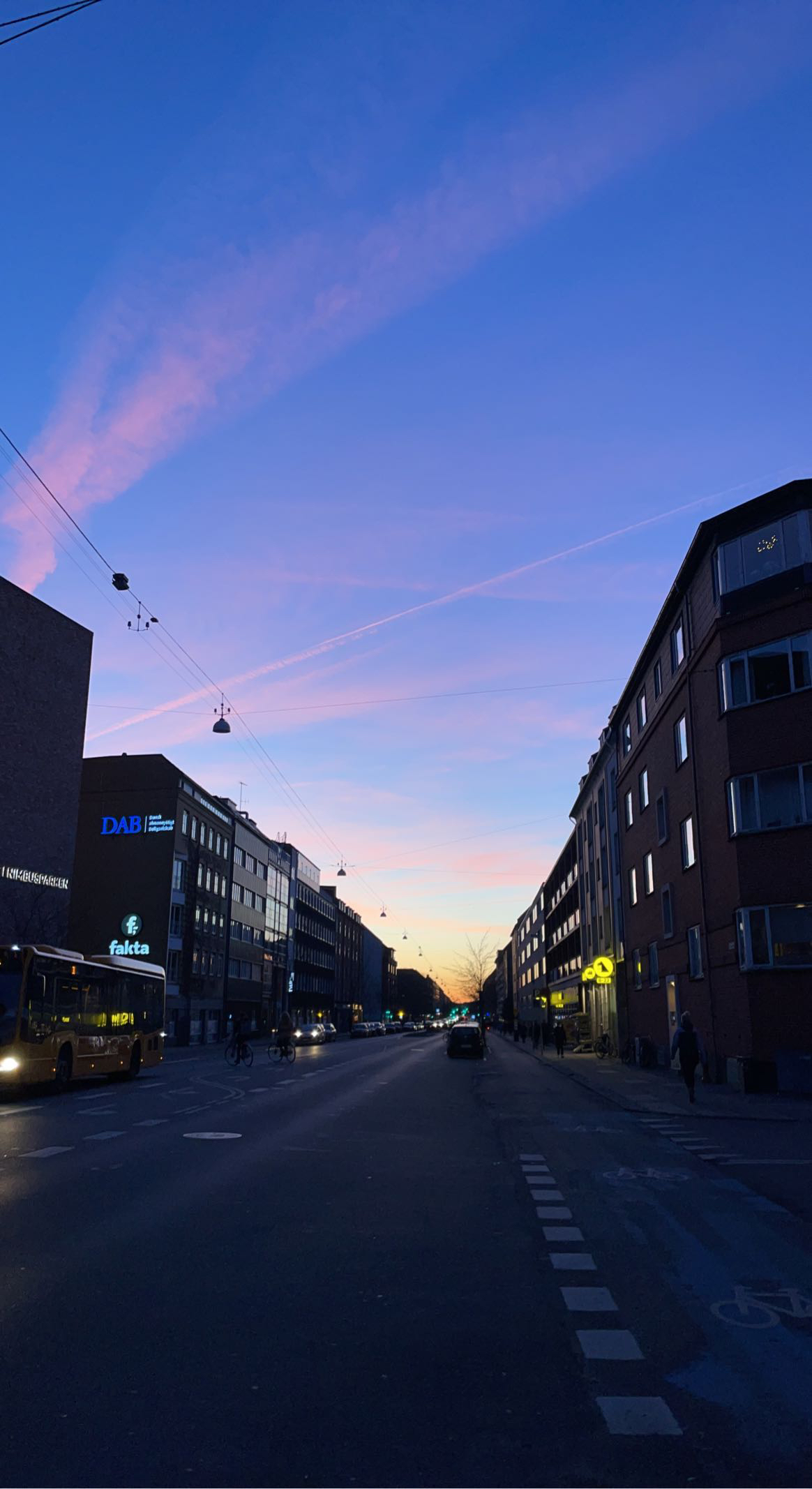
A Team of Individuals
In the United States, expectations are usually set before teamwork begins. Individual group members will know what is expected of them and what will not be tolerated. With expectations discussed in advance, every team member plays their role to meet the team’s goals. In Denmark, I have noticed that collaboration does not always require a set of expectations. Without previous discussions, you are expected to do your part, whether or not you have been tasked to do so. For example, my flatmates and I have not discussed roommate agreements. We naturally just understand what is expected of ourselves and each other. We clean after ourselves and the common areas without having to ask each other to do so. We take out the trash when it’s full or run the dishwasher when it’s full. Although this lack of a routine structure may not work for everyone, it works for us because we hold ourselves to individual standards.
Danes value individualism more than conformity. Everyone appears to be independent, always working, studying, eating, and shopping by themselves. Although it is a homogenous population, Danes are expressive of their individuality. You can see this in the way they walk, talk, dress and how they carry themselves overall. It is almost intimidating to approach Danes sometimes because they always appear to be in their own world, focused on their zones. I enjoy this value of individualism. I also like to spend time by myself, whether it’s studying or exploring, being alone brings me peace. I don’t feel like I stand out because I’m at a cafe studying by myself because many other Danish students are doing so as well. It gives me the opportunity to be observant of my surroundings and to be fully present with my thoughts and emotions. This doesn’t mean that there is no social culture in Denmark. There is a very strong sense for social connectedness between Danes, but they have found the balance between individualism and conformity. There is always the time and place for one or the other, and I never feel too out of place, whether I’m alone or with friends.
The Danes that I have met are always open to lending a hand. Whenever I have a question about anything, I know I can ask my flatmates who can provide me with the answers, directions and resources I need. I know I can also rely on my Danish teachers and course assistants to always help me with anything in the academic realm of things. They’re always willing to go the extra mile and show me how things work instead of just telling me what to do. I believe I have done the same for others. I am pretty resourceful and share my resources with those that need them. My other American flatmate and I are always bouncing tips back and forth to each other to best help each other navigate Denmark, like if the bus is running a detour or if there’s a sale at a grocery store. We always tell each other about little things that we can look out for to maximize our experiences.

